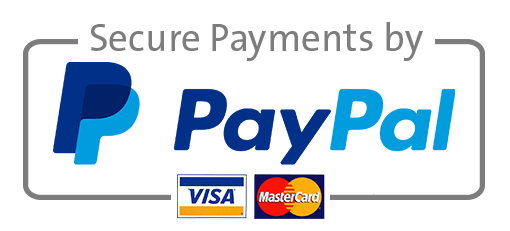REFERENTIAL TREATMENT
| referential_treatment.pdf |
How did you find your hairstylist? Your doctor? A babysitter for your kids? The chances are strong that you do business with someone a friend recommended.
More than any other type of advertising, we universally trust the opinions of friends and acquaintances. Eighty-four percent of people surveyed in fifty-eight different countries by Nielsen said they trust recommendations from people they know. We even trust people we don't know, with 68 percent of respondents reporting confidence in online reviews.
Gaining referrals can be one of the most effective strategies for acquiring new clients and growing your business-with one caveat. You have to ask for them.
Think back to the time your friend recommended her doctor. She probably didn't start raving about her medical care in the middle of brunch. More likely, you asked for recommendations when you needed a new doctor. But what if the doctor had asked your friend to identify possible new patients? Or better yet, what if he had offered your friend a gift card for doing so? Maybe the doctor referral would have made for brunch conversation, after all.
Referrals aren't always a natural occurrence, even when clients are happy with your product or service. Case in point: In a study by Advisor Impact, Charles Schwab, and Texas Tech University, 93 percent of customers said they'd likely continue working with their financial advisor. But despite their satisfaction, only 29 percent had actually given a referral in the past twelve months.
In this guide, we'll cover:
- Why referred clients are so valuable for your business and why you shouldn't ask every client for a referral
- How smart client management software, like Keap, can help you ask for referrals consistently and strategically
- Incentives that encourage clients to refer
- How to make the most of online reviews
- Stories of small businesses that used referrals to grow their business










